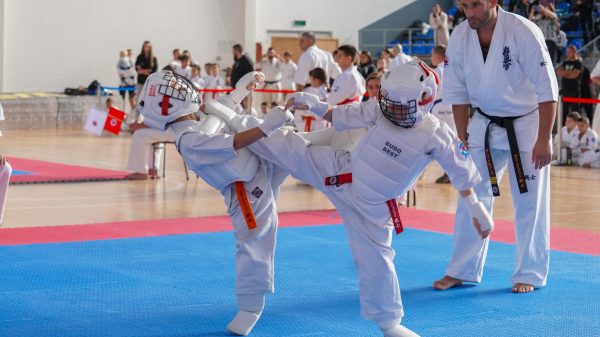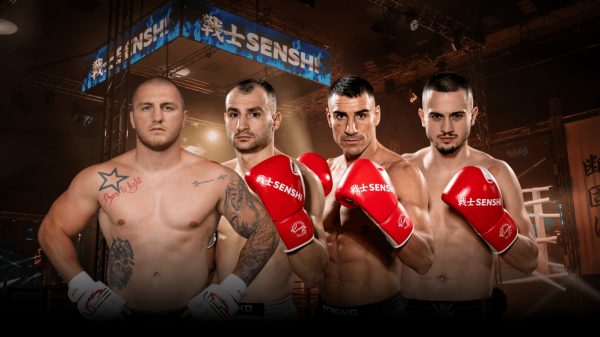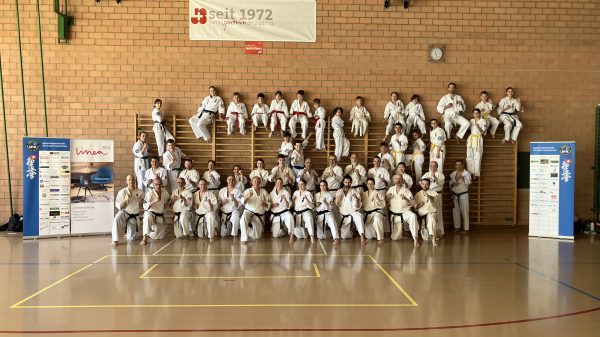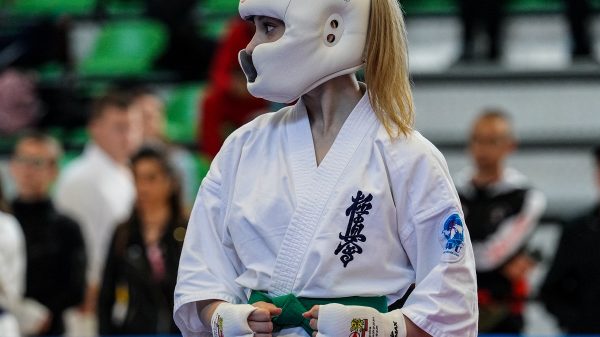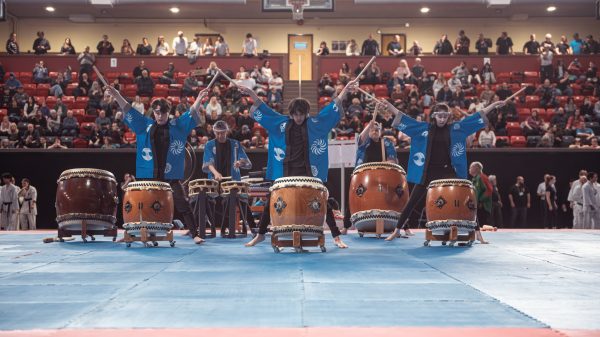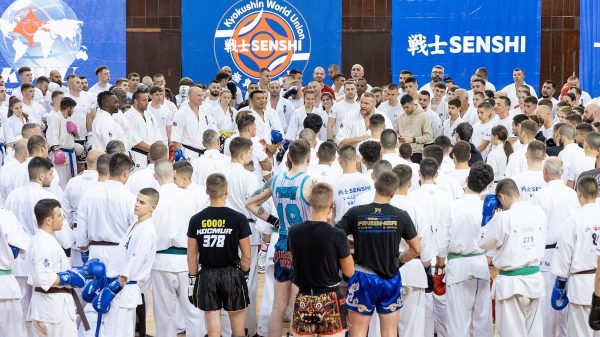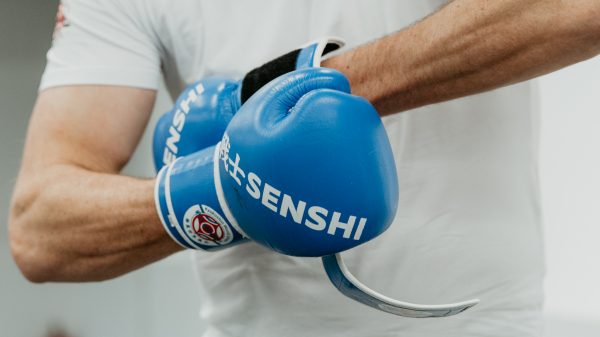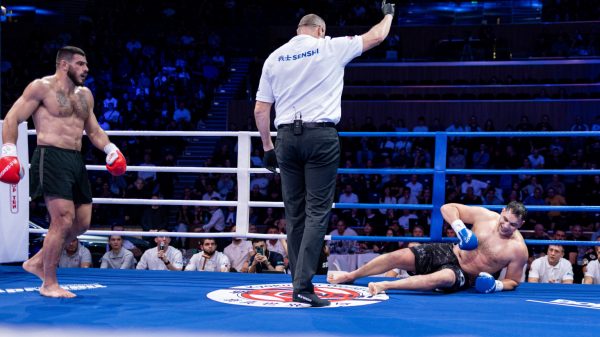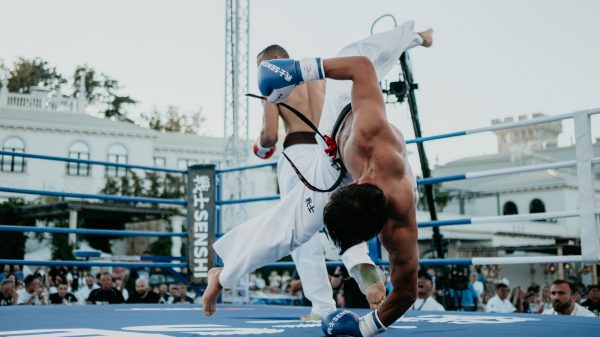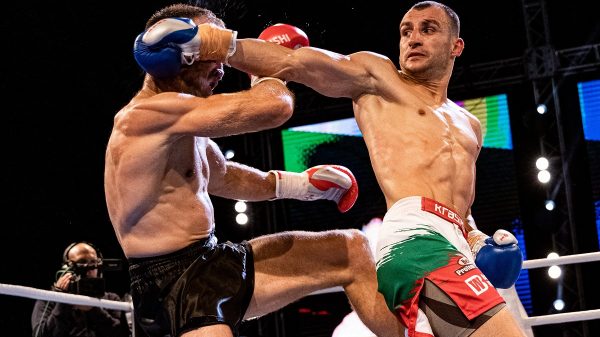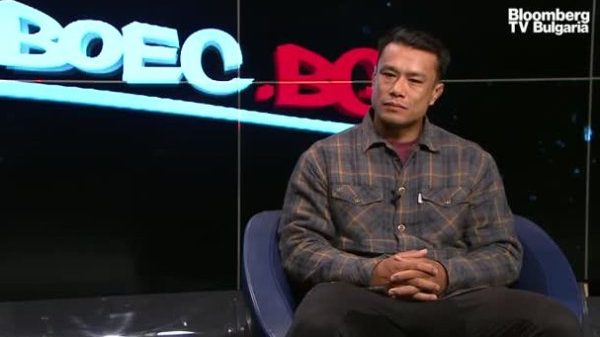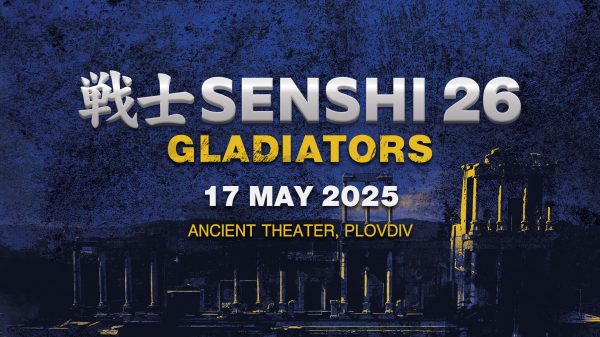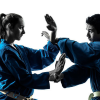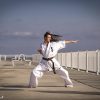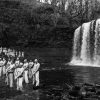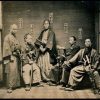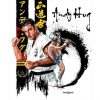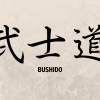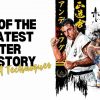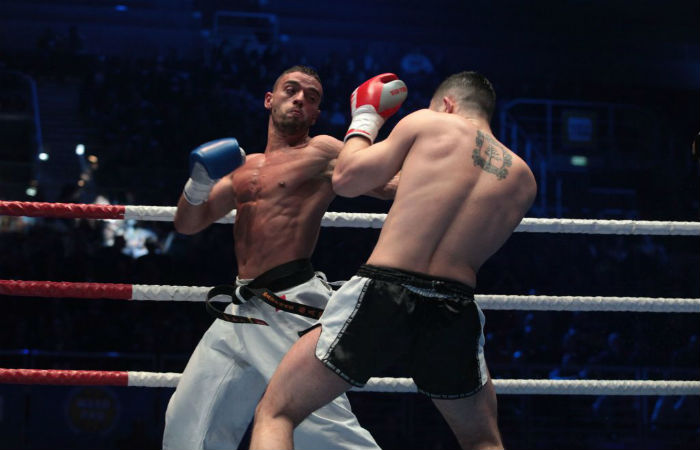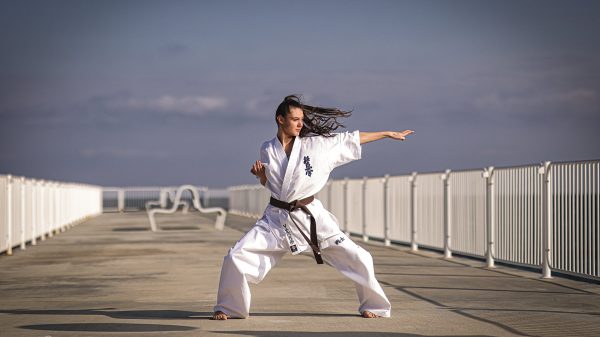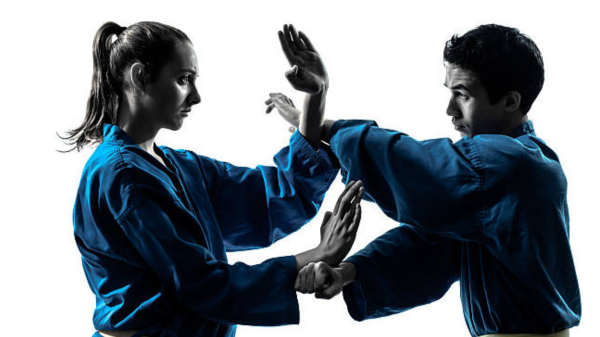Do you know how Karate got its name?
It’s pretty interesting. Many people think Karate is an ancient martial art.
But actually, “Karate” is less than 100 years old. Including its name.
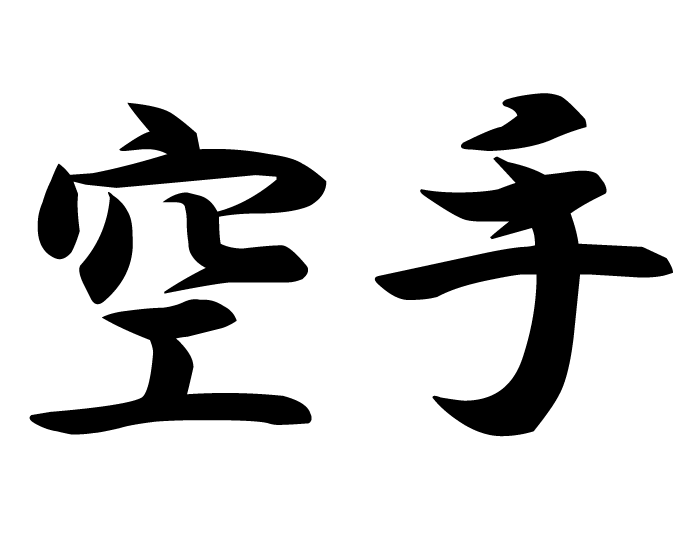
Yet, in spite of its relative youth, Karate has no shortage of misconstrued facts that conceal its actual origins, depth and essence.
For example, the name ‘Karate’ itself.
Let me explain:
Karate comes from Okinawa, an island south of Japan.
Okinawa was an important historical trade hub between many Southeast Asian countries, like Siam (modern day Thailand), Burma, the Philippines, Taiwan and Korea.
But…
The #1 country that Okinawa vibed with was China.
Chinese culture was considered the ultimate sophistication.
Every person, idea and product that came from China to Okinawa was treated with utmost respect – including its martial arts.
The Chinese fighting arts were referred to as ‘Toudi’ by the Okinawans.
Toudi (also written Tode, Tuidi, Tote etc.) literally means ‘Chinese Hand’ in the Okinawan language.
Now listen:
The first character (‘Tou’) can also be pronounced ‘Kara’ in regular Japanese.
Why? Because Japanese characters can have several pronounciations.
This is where our story takes an interesting turn…
You see, after cultivating Toudi for many years in Okinawa, a handful of local practitioners (including Funakoshi Gichin, Mabuni Kenwa, Miyagi Chojun, Motobu Choki etc.) wanted to spread this art to mainland Japan.
Unfortunately, Japan was in historical conflict with China at this time.
Anything that had connections to China was disliked by the Japanese.
So…
In order to make Toudi accepted by the Japanese public, several things had to change.
Including the name.
The first character (‘Tou’/’Kara’) was replaced with an alternative character – also pronounced ‘Kara’ – but with the meaning ‘Empty’ instead of ‘Chinese’.
Jackpot!
‘Chinese Hand’ became ‘Empty Hand’.
On October 25 in 1936 at 4 pm, a historical meeting was held with Okinawan masters, where they officially decided to change the name from ‘Toudi’ to ‘Karate’.
It was agreed that ‘Karate’ would be easier to market and promote in mainland Japan.
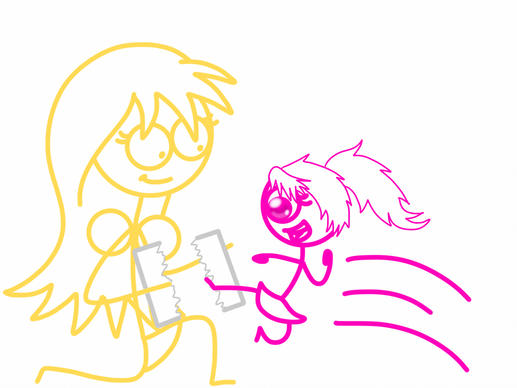
Modern Karate was born.
In fact, not only was ‘Karate’ easier to pronounce in Japanese, but it also made more sense for the general public, as its new meaning (‘Empty Hand’) was more aligned with the peace-seeking properties of modern Japanese society.
Lastly, the ending ‘Do’ was added.
‘Do’ is Japanese for ‘Path’/’Way’, and signified that Karate was a philosophical journey of enlightenment – not just a fighting method.
The Way of the Empty Hand was created.
Toudi’s self-defensive Chinese roots became replaced by Karate-Do’s self-developmental Japanese values.
And that’s how Karate got its name.
Isn’t it fascinating?


